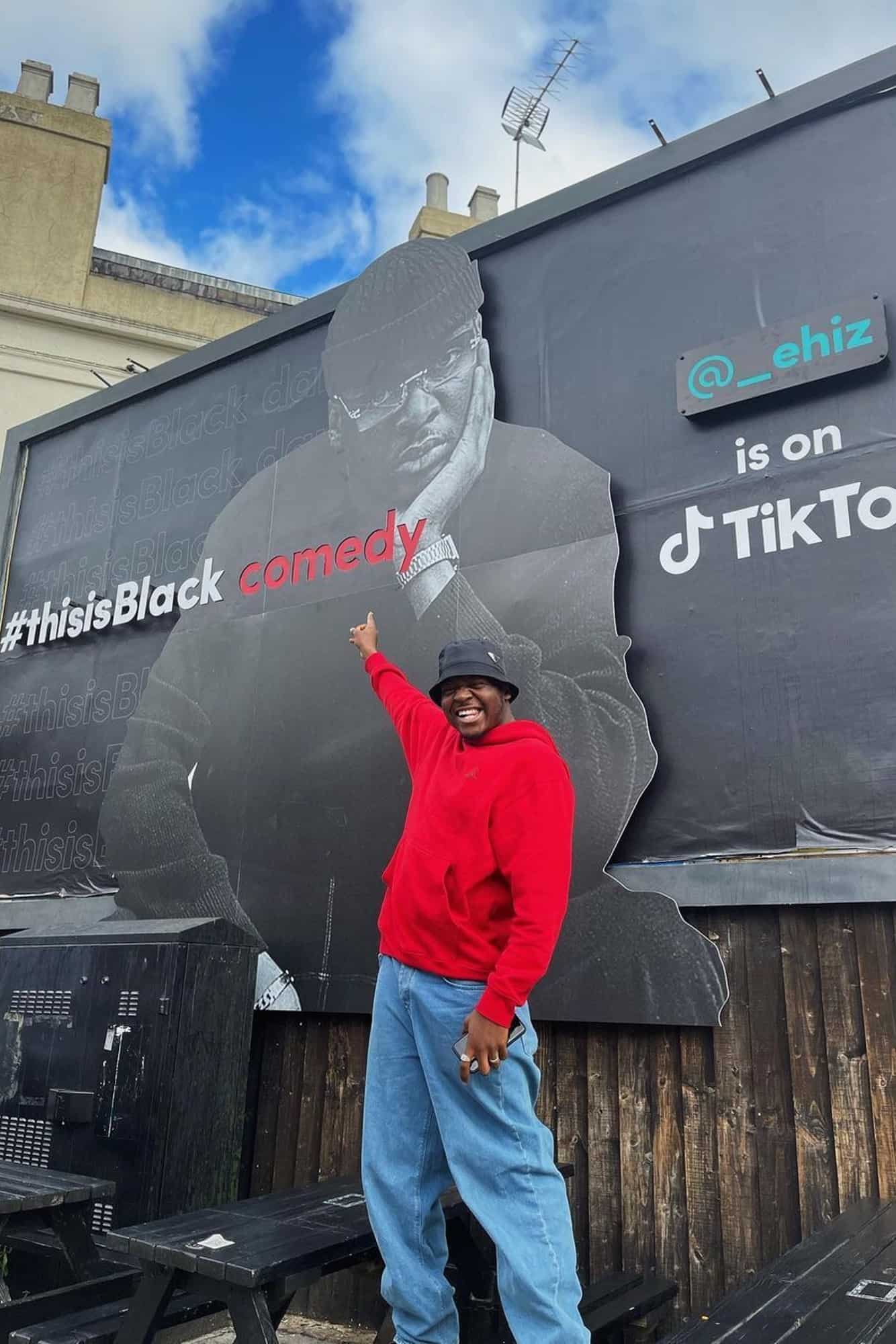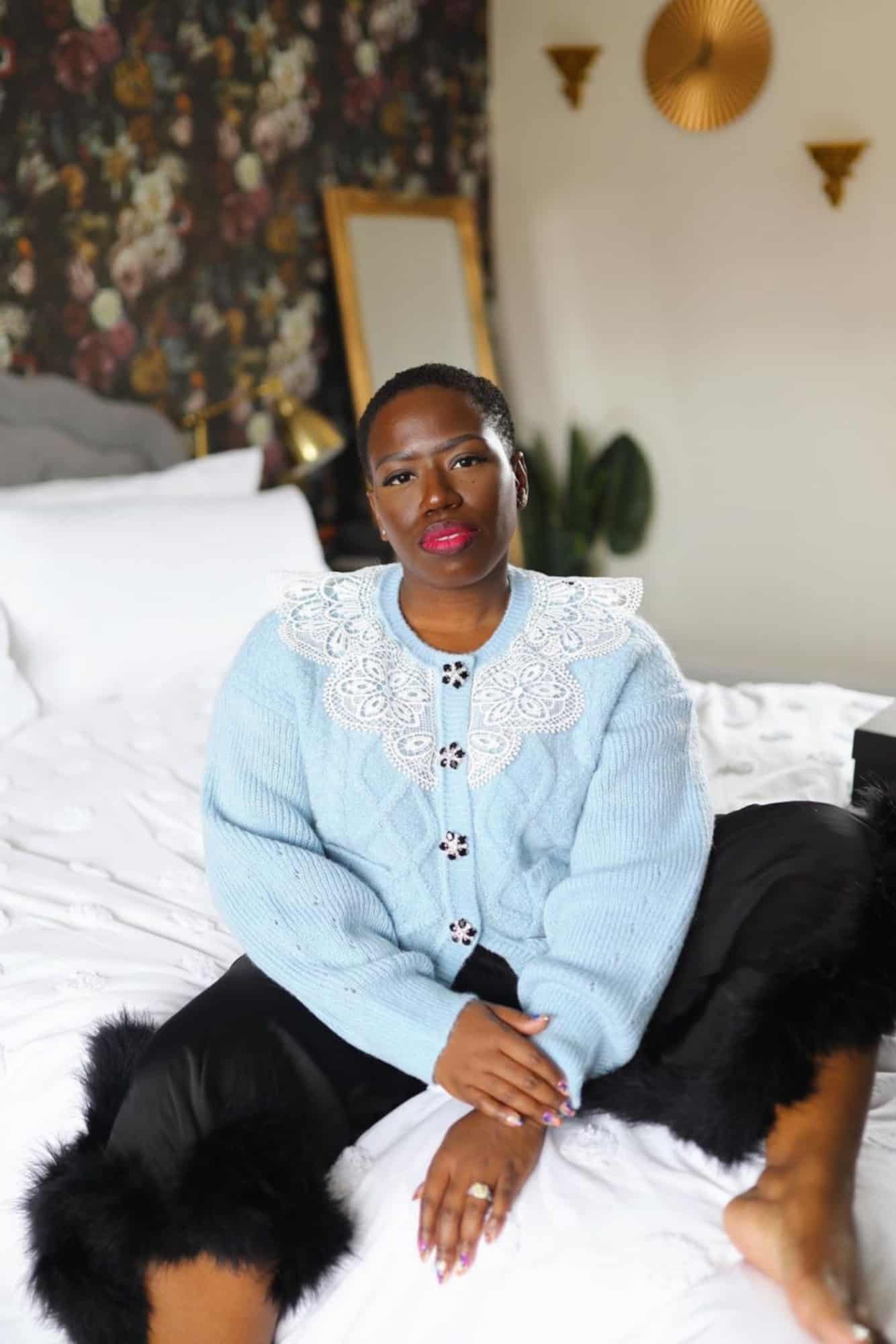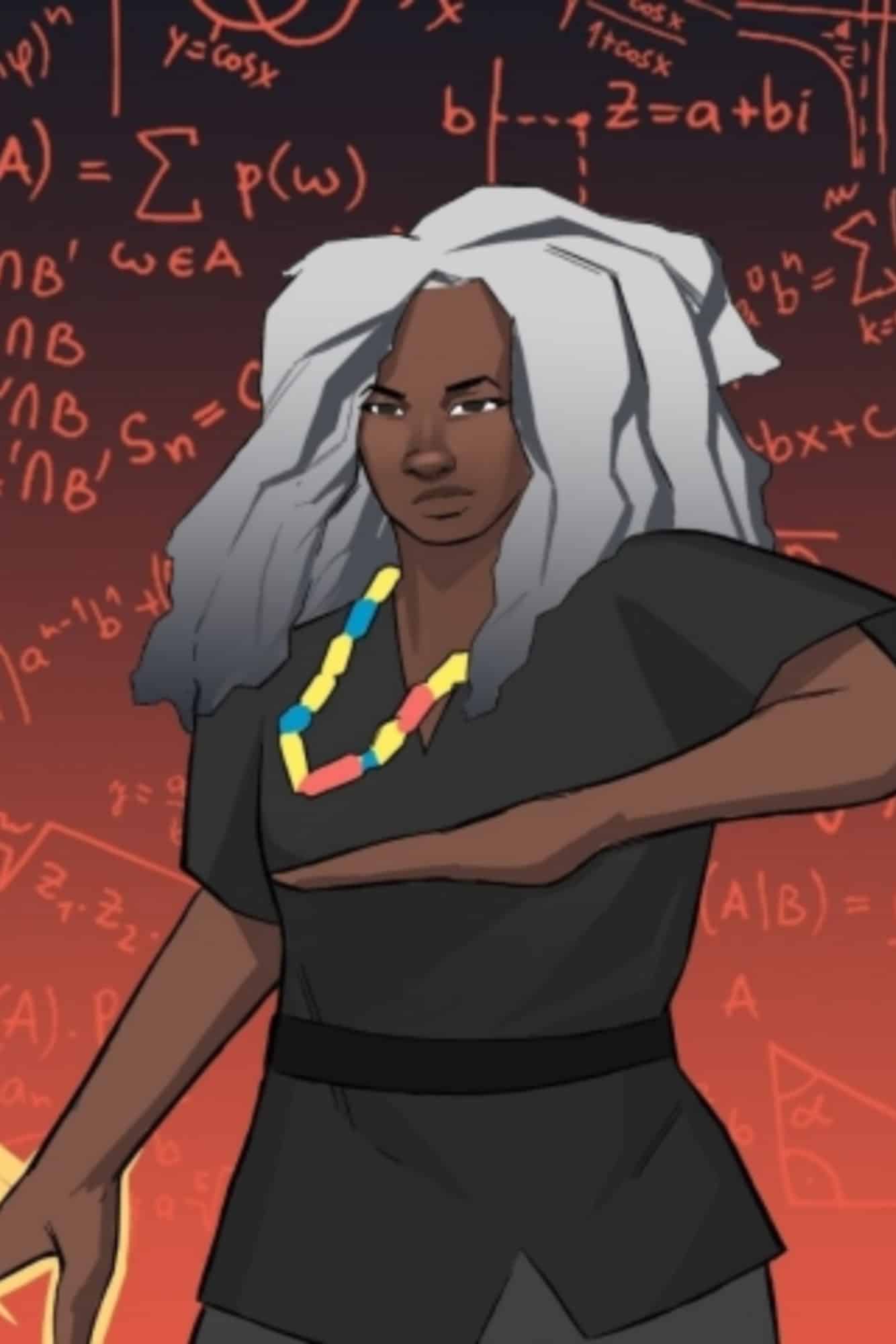For the past few years, social media has proved to be a pivotal platform for Black women reclaiming and amplifying their own stories. Experiences often overlooked and erased from both history and wider mainstream culture have evolved into an ongoing digital movement. However, if recent events have proved anything it’s that no matter how hard we try, structural institutions – much like the entertainment industry in this case – continue to undermine us.
On Friday, media personality Rochelle Humes announced she was making an investigative documentary exploring the high death rates of Black women during pregnancy and childbirth. Black women are four times more likely to die from complications than white women, so a documentary that would essentially explore the racial bias in the UK’s healthcare system is very much needed. However, shortly after Rochelle’s announcement, author and parenting influencer Candice Brathwaite revealed in an Instagram post that she was in talks to present what was initially assumed to be the same documentary, leading to a much wider discussion about colourism.
In brief, colourism is a form of discrimination against dark-skinned people in favour of those with lighter skin. So, in this case, it seemed as though Candice (a dark-skinned Black woman) who has paved the way for conversations around maternal mortality in relation to Black women was replaced in favour of Rochelle Humes (a light-skinned mixed-race woman) who has not.
You may also like
Candice has dedicated her platform to raising awareness regarding Black women, childbirth and motherhood in the UK for years. She published her first book I Am Not Your Baby Mother – a Sunday Times Bestseller – in 2020. Four years prior, she launched the social campaign Make Motherhood Diverse and she has publicly shared her firsthand experience of racial bias when giving birth to her daughter, Esme. Not to forget that in 2019 she was the subject of racial abuse from fellow parenting blogger Clemmie Hooper, who accused Candice of using her “race as a weapon”. Whereas Rochelle – who has been active in the entertainment industry for decades – publicly spoke about race for the first time in 2020 off the back of the Black Lives Matter movement. That is not to say that she hasn’t been subjected to racism or that her own experiences aren’t valid – they are. It’s to point out that Black women like Candice – who revealed she had been engaged in the documentary for nine months – are consistently being capitalised for their trauma, but receive no credit or gains for their labour.
And while both Channel 4 and Candice herself clarified that she was never in the running to present this specific documentary – the former adding that Rochelle is better suited because she is “removed from the situation” – the notion of erasing Black women from their own stories is still an issue here. Sidelining Candice and other Black women as a means to have a more “palatable” figure present a crucial story she doesn’t relate to harms a marginalised narrative that needs to be heard. Two words: do better.
By Jennifer Adetoro, culture editor of CORQ. Picture credit: Candice Braithwaite via Instagram.










#MeToo movement aided R. Kelly’s conviction and gave Black women long overdue step towards justice